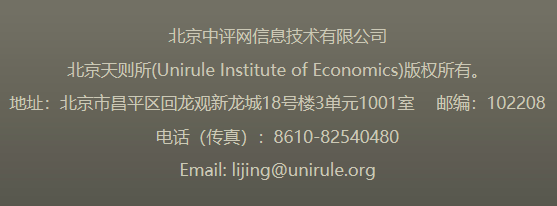摘要
教育权作为一项基本人权已经得到了一系列国际公约的确认与保护,作为签约国政府的一个最基本的职责就是要确保有足够的资源用在了教育行业上。本文从几个主要的教育指标描述了中国的基础教育情况并试图分析中国教育支出的决定因素,发现经济发展能促进教育经费的提高,但是在不同的地方和对不同的教育层次,经济发展带来的好处的差异很大。政府规模除了在政治中心地区之外都是对教育经费有着负面的影响。公众舆论对政府在教育方面的支出影响甚微。城市化率对教育经费的影响是双向的,当城市化率不是太高的时候,提高城市化率能带来教育经费的提高,但是当城市化率达到一定水平之后,与之相伴的对公共服务和社会保障的增加将与教育竞争有限的政府资金。我们还发现各级学校的招待费支出对可以获得的教育经费是有非常显著的正面影响的。
Educational Rights and Educational Finance
Abstract:
Right to education as a basic human right is recognized and protected by a series of international human rights instruments. However, the basic obligation for government is to increase input to guarantee enough resources directed into education. This paper tries to analyze the determinants of Chinese educational expenditure. We find that the benefit of economic development can contribute to education, it varies, however, in different regions and has different implications to pre-college education and college education. Government size is statistically and economically negatively correlated with educational funds in most areas excluding northern China where political center is located. The effect of public opinion on educational expenditure is trivial, which means that Chinese government behavior is not responsive to public opinions. Urbanization can increase the educational expenditure only when other expenditures accompanying urbanization such as social securities and public service don’t compete with education for limited government funds. We also find that reception expenses of schools are efficient in attracting more social donations and thus contribute to the increase of educational funds.

